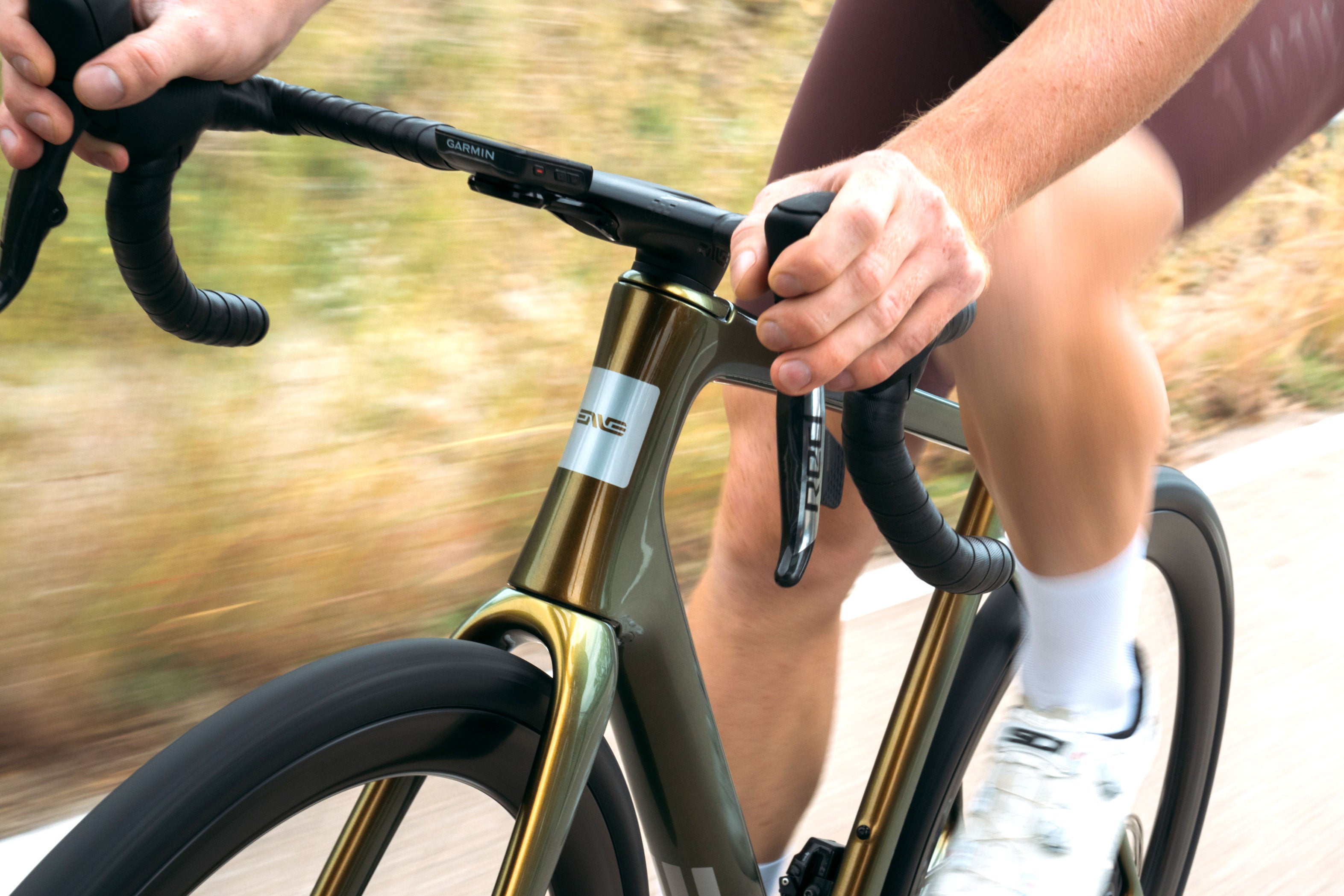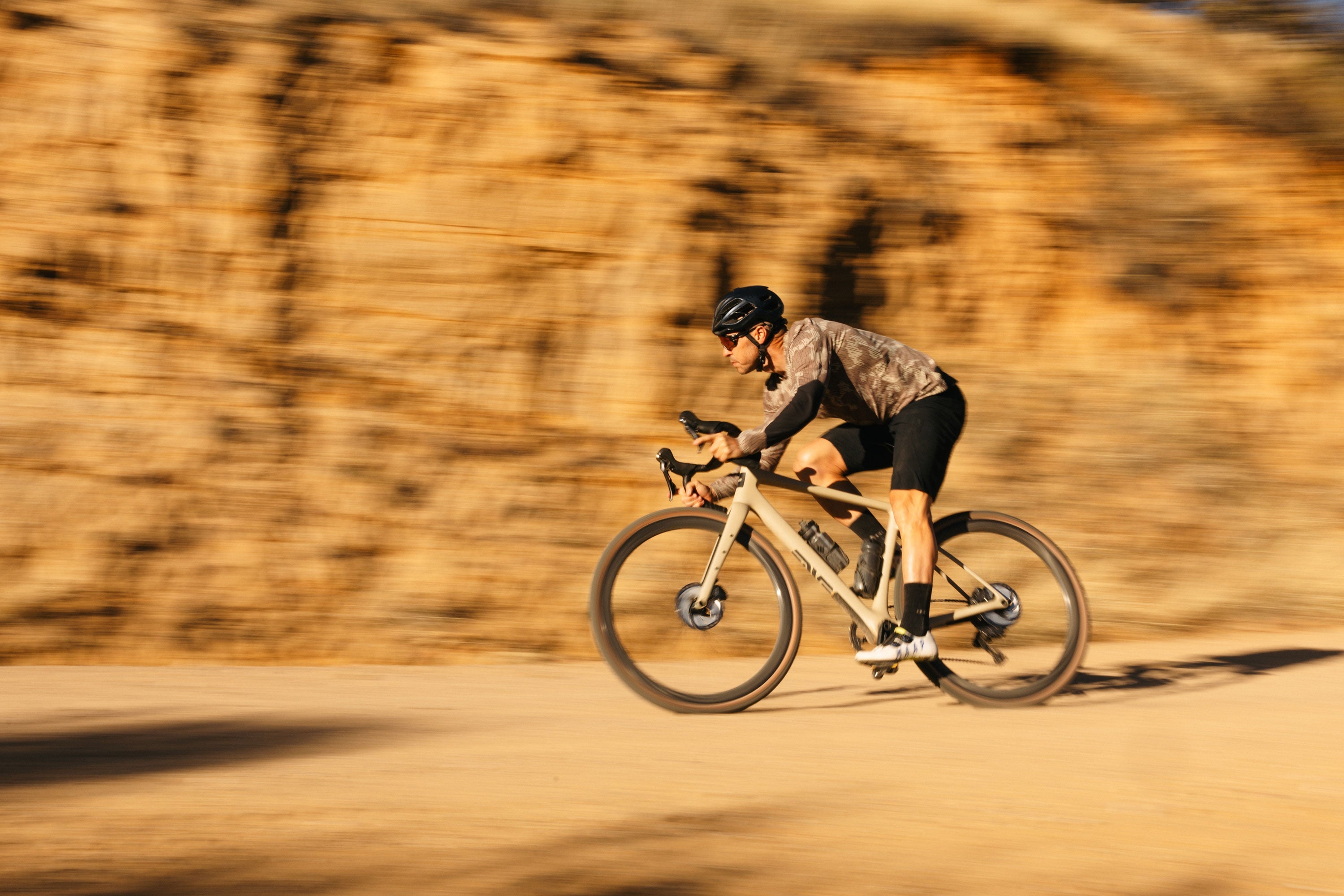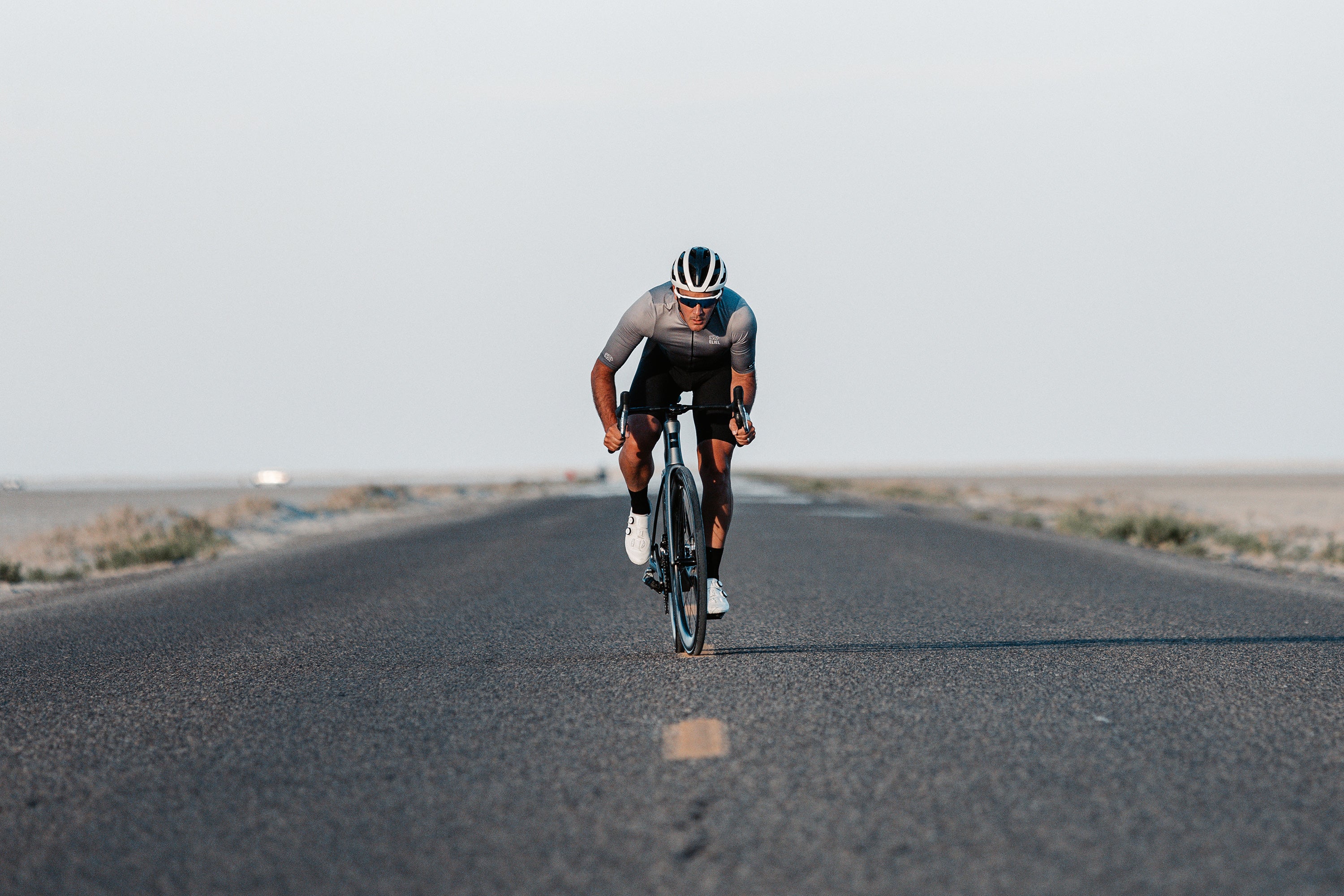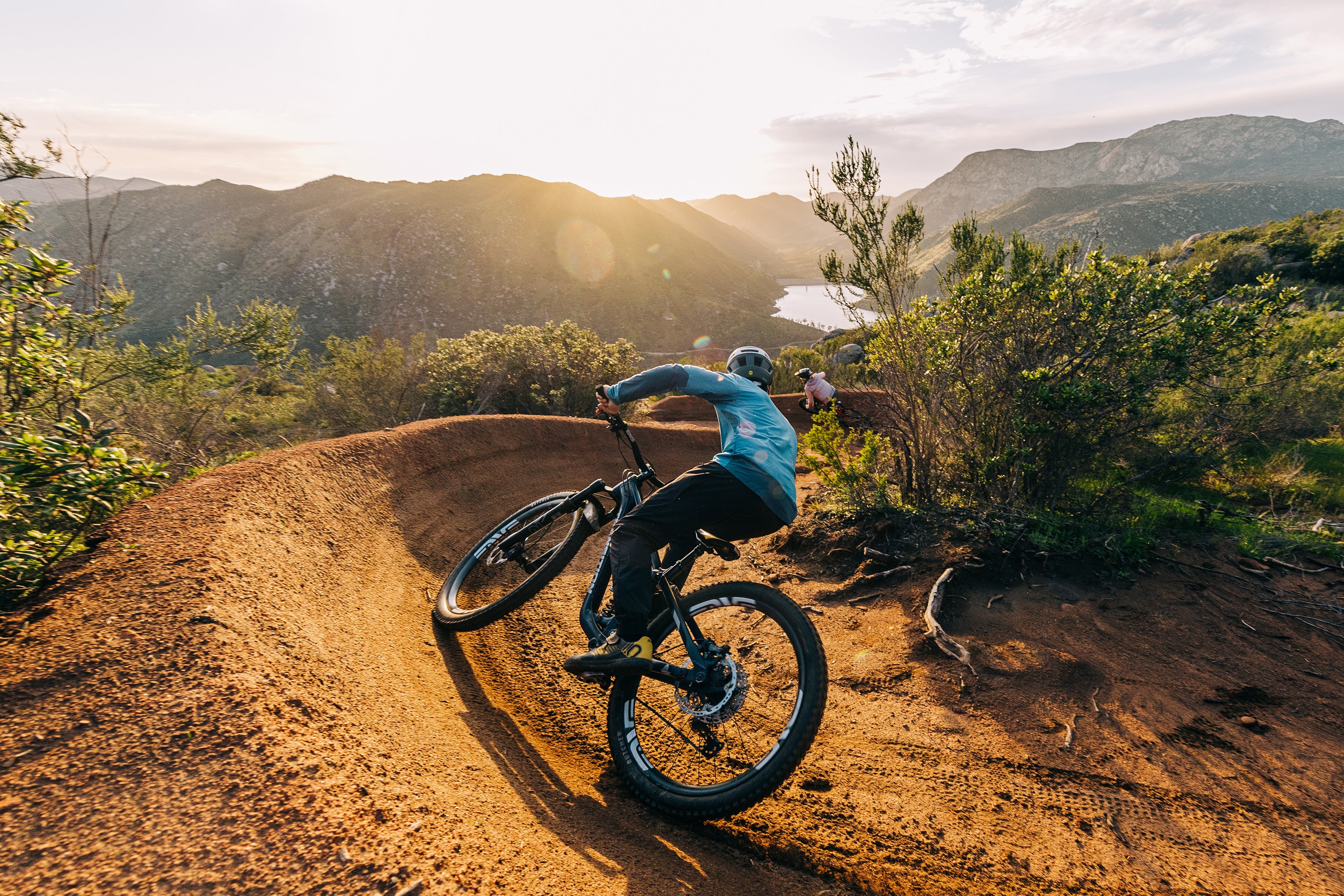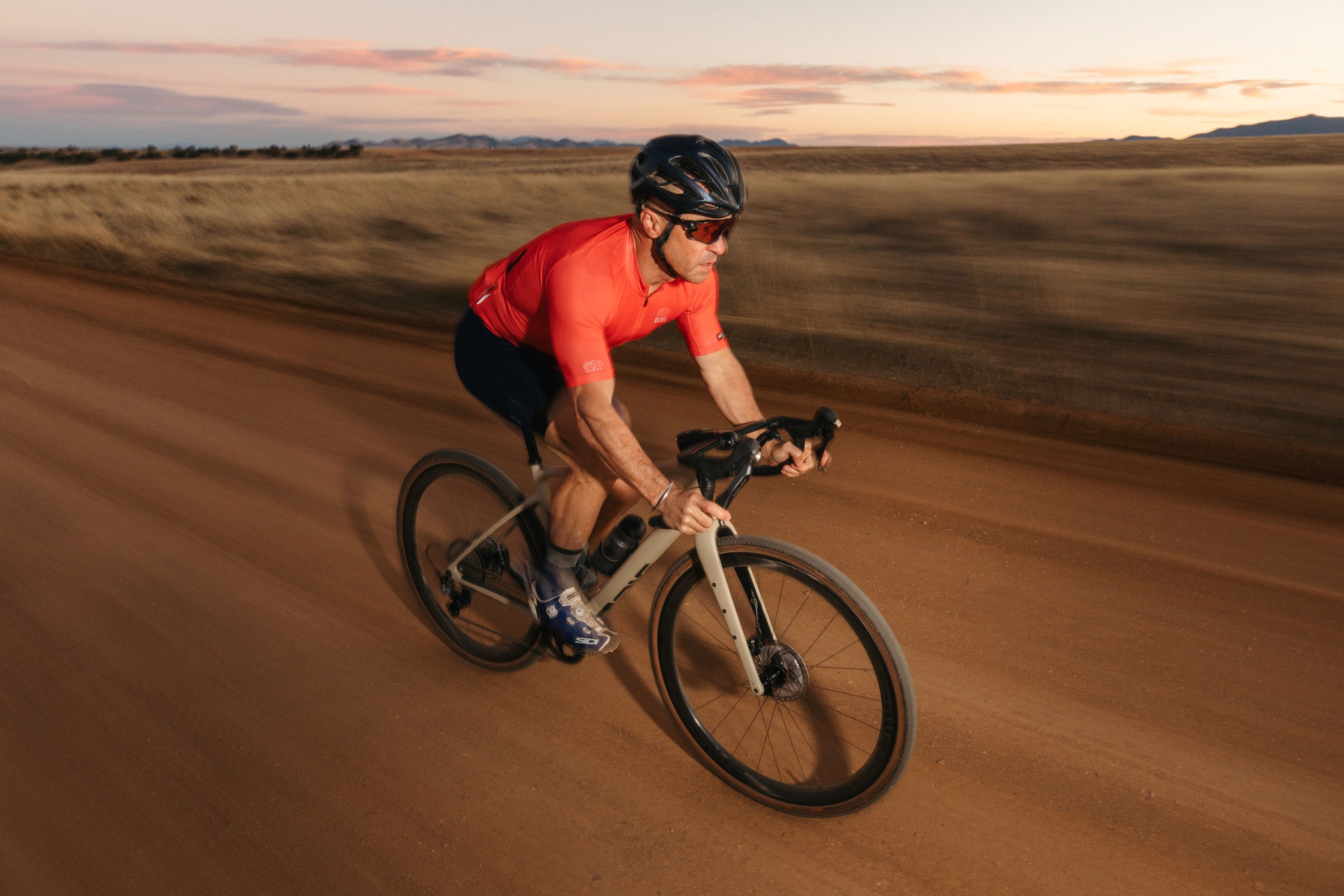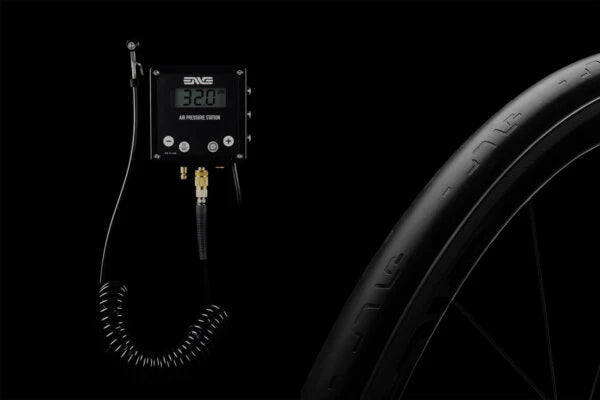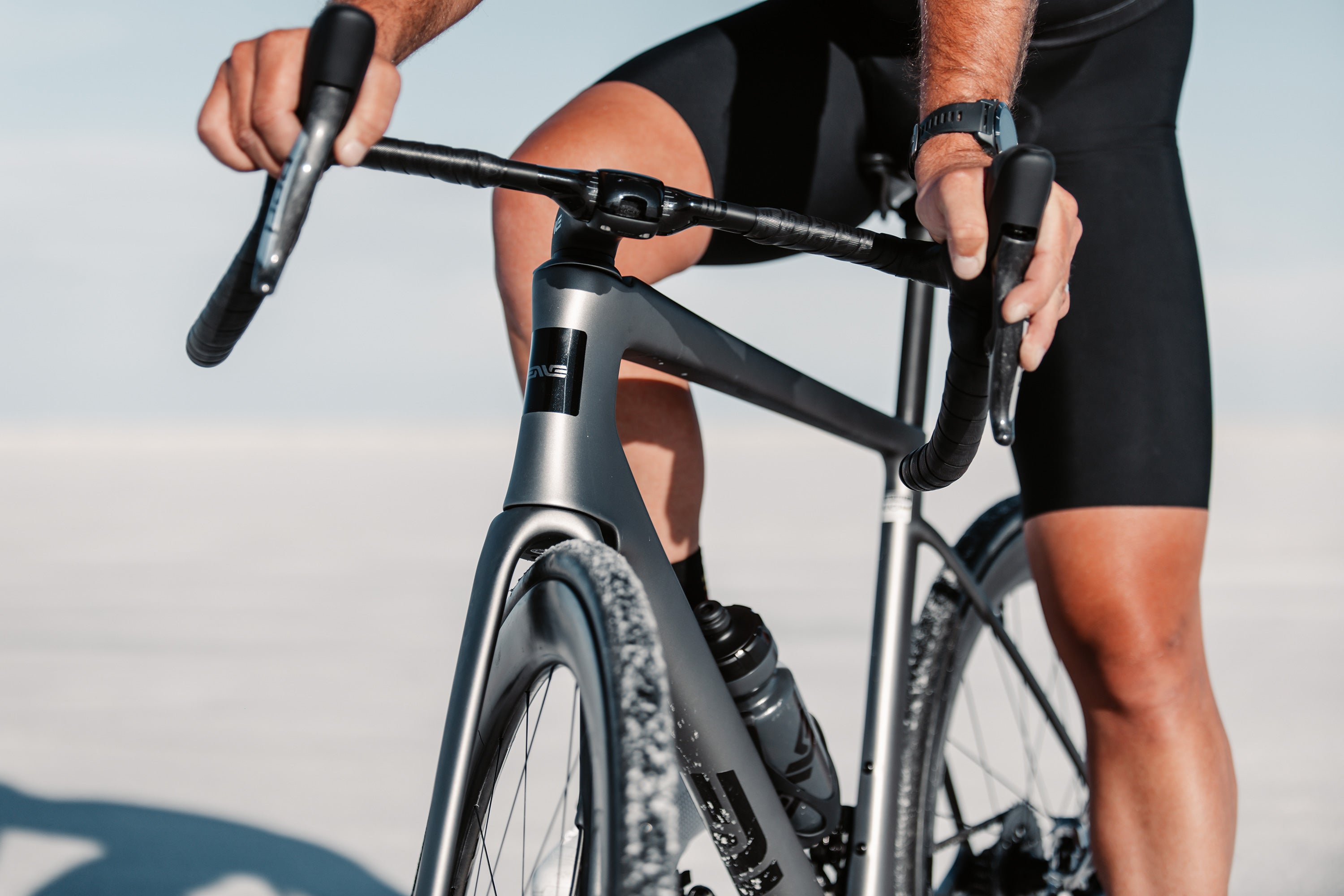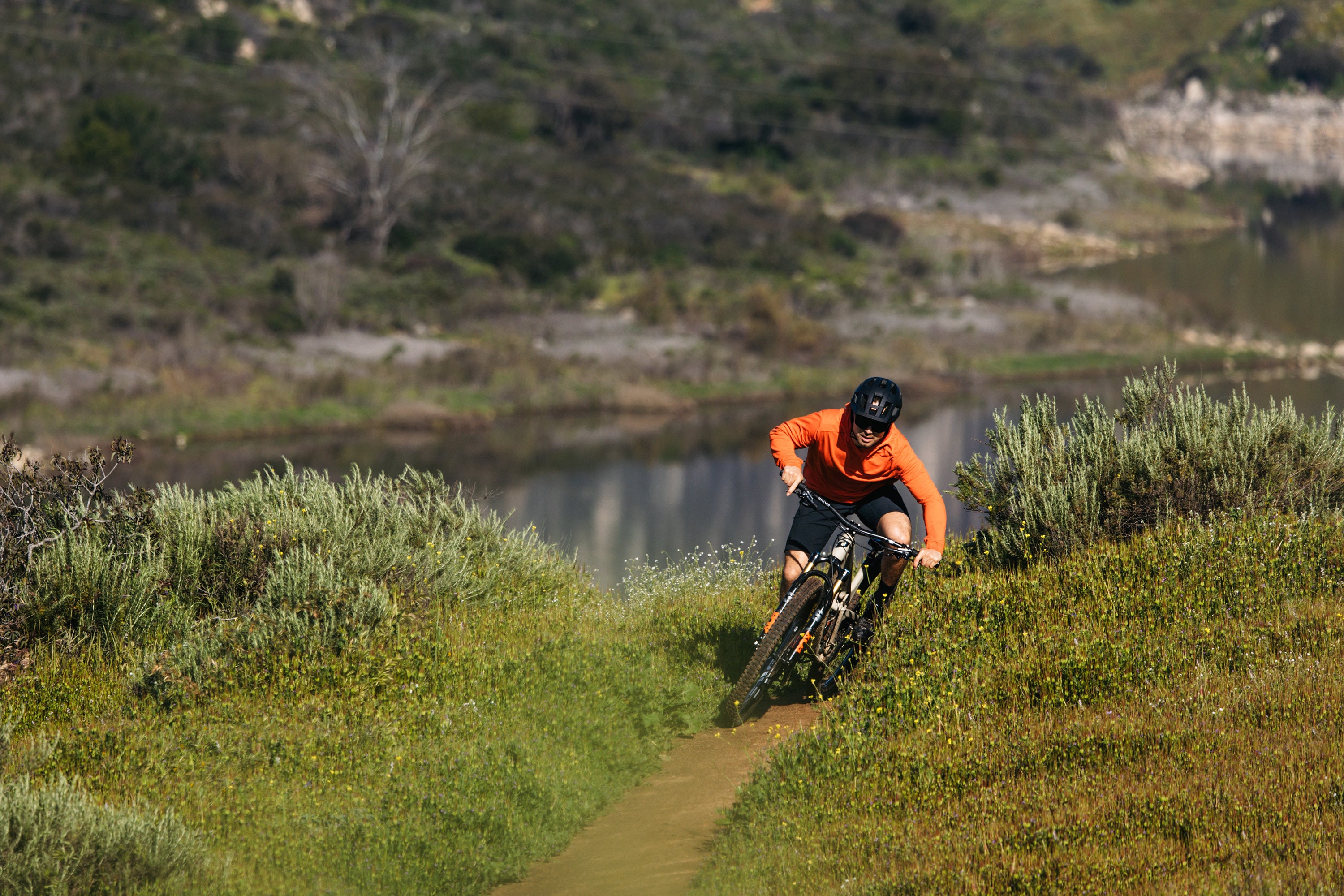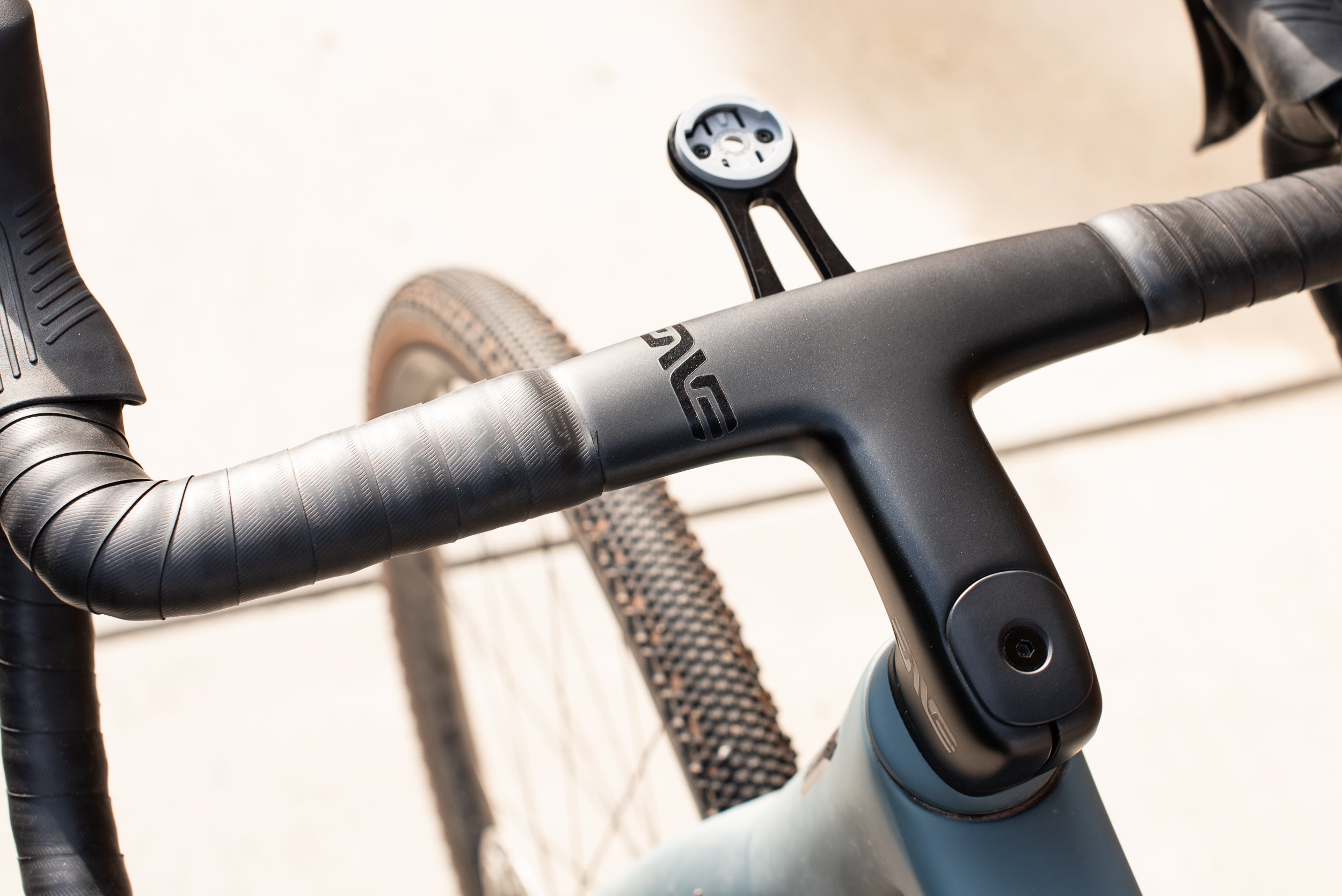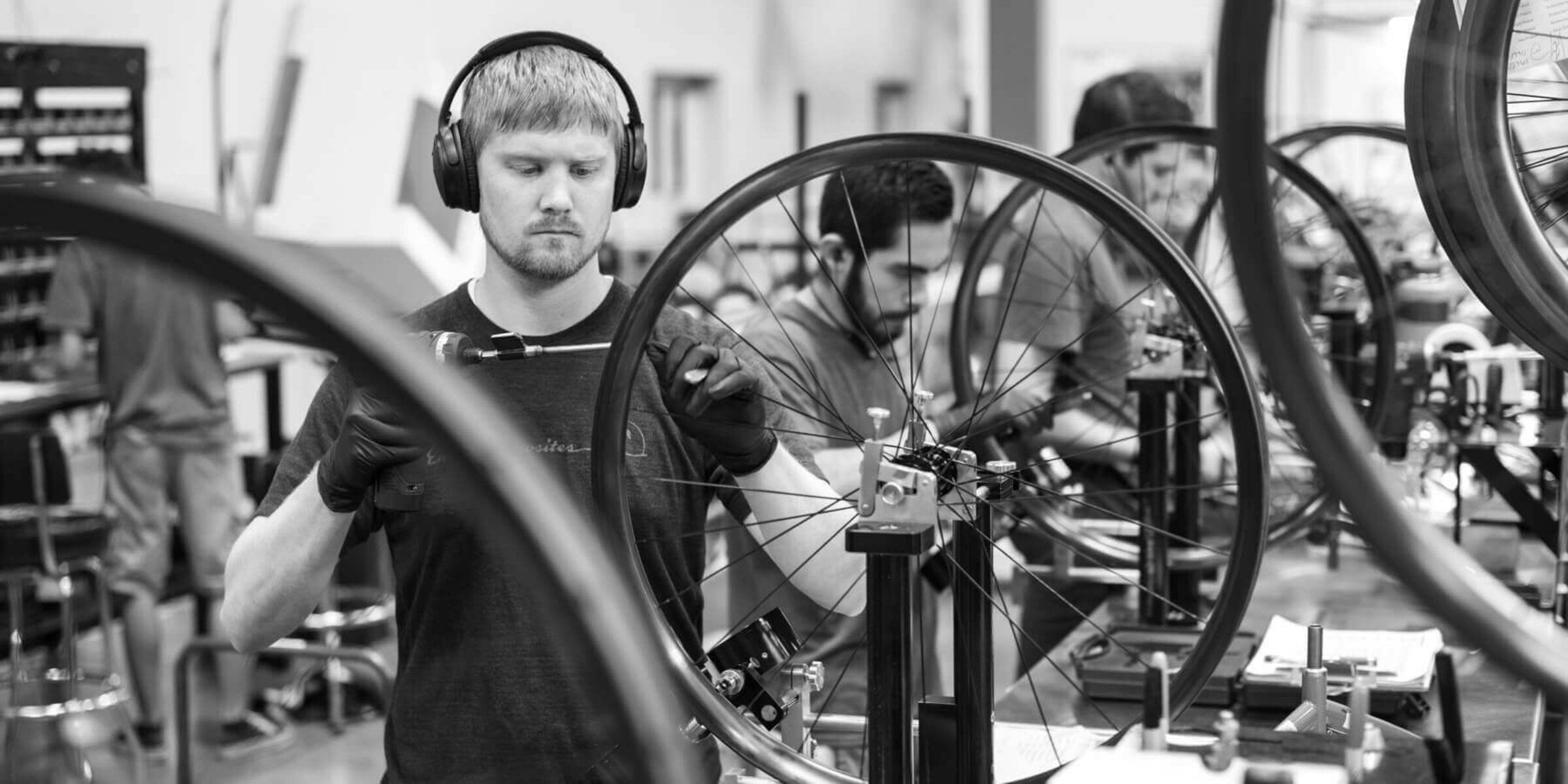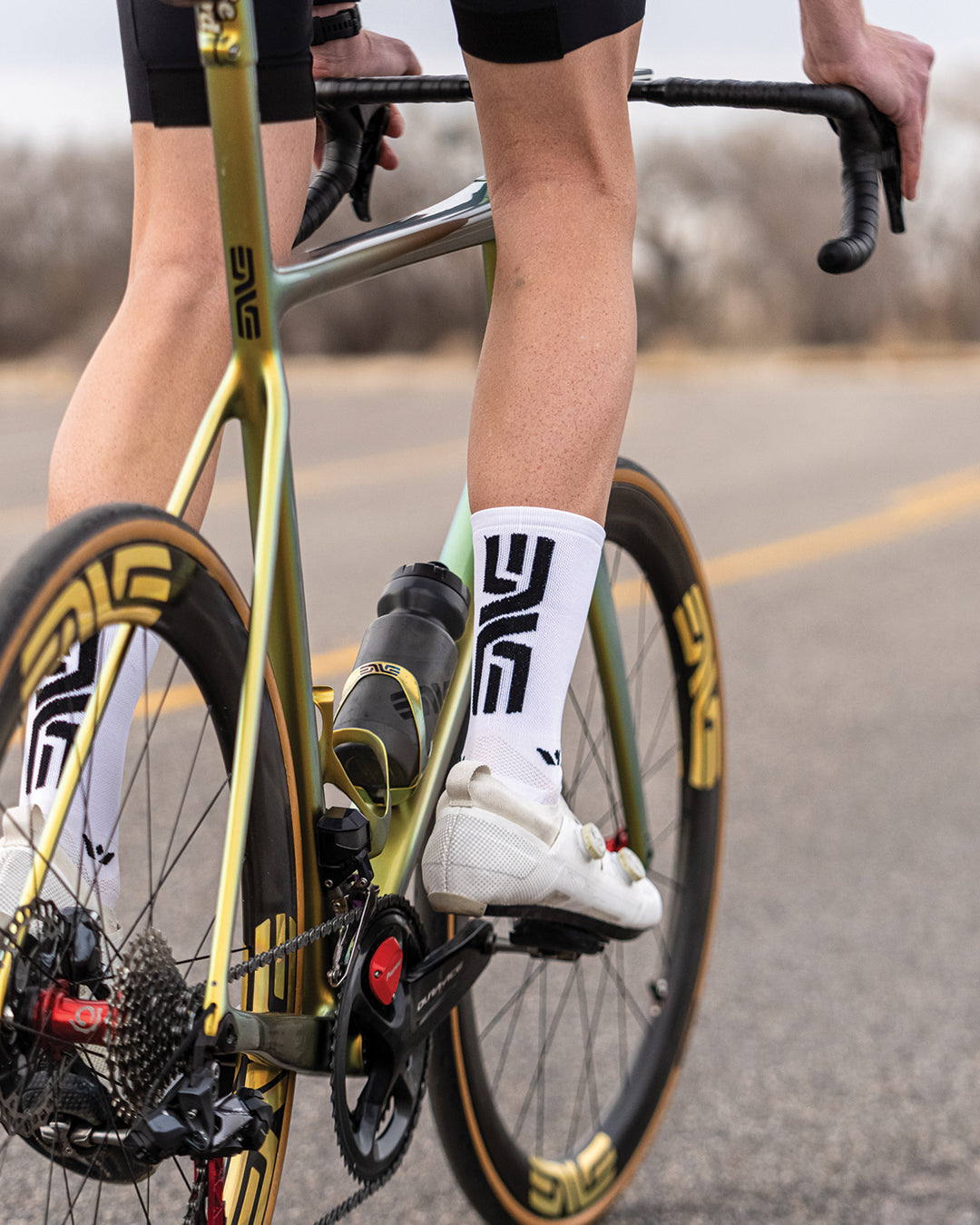PREVIEW: ZURICH WORLD CHAMPIONSHIPS ROAD RACE
By Zach Nehr
The 2024 cycling season is coming to a close, and Tadej Pogačar already has 19 victories to his name. The UAE Team Emirates rider completed the Giro-Tour double and won 12 Grand Tour stages along the way. He also soloed to victory at Liège-Bastogne-Liège, Strade Bianche, and the Grand Prix Cycliste de Montréal. But he has yet to win an Elite World Championship.
On Sunday, the best riders in the world will compete for the rainbow stripes in Zürich. The road World Championships is one of the most coveted victories in all of cycling, and after taking third last year in Glasgow, Tadej’s aiming for the top step of the podium in Zürich.

THE ROUTE
The Elite Men will race eight laps of a hilly circuit around Zürich, plus a mountainous lead-in from outside the city. In total, the road race is 273.9 kilometers long with 4,291 meters of climbing. It is the longest road World Championships in more than ten years, and it will take over six hours for the winner to complete.
Despite the major elevation gain, there aren’t any major mountains included in the Zürich route. In fact, every significant climb on the course is between 500 meters and 1.9 km in length. That means the speeds will be high throughout the race, and riders like Pogačar can stick to their aerodynamic racing setup.
Pogačar and UAE Team Emirates ride ENVE wheels during every race, training session, and team camp throughout the year. The SES 4.5 is proven as the team’s go-to wheel option with rim depths of 50 mm in front and 56 mm in the rear, the tubeless wheels deliver a balance of aerodynamics and lightweight. For the tire size, a 30 mm width was proven during the Tour de France thanks to superior handling and rolling efficiency, so expect Tadej to continue with that winning combination.
There are two significant climbs on the Zürich city circuits: Zürichbergstraße and Witikon. The race will be won and lost on these climbs, so let’s take a closer look.
Key Climb #1 – Zürichbergstraße
After crossing the start/finish line, the peloton will climb up Zürichbergstraße, an unclassified climb according to the official race profile. But don’t let that fool you into thinking that this is just a bump in the road.
Zürichbergstraße is 1.7km long with an average gradient of 5.4%, but its final 900 meters average 7.7% with a maximum gradient of 14%. The steep gradient also comes after a sharp left-hand corner, which could make this the perfect launchpad for a rider in good position.

At race pace, Zürichbergstraße will take 3-4 minutes, with the final ramp lasting around two minutes. Think back to May at the Giro d’Italia, and you will remember Pogačar attacking on Stage 1 on the Bivio di San Vito. During that three-and-a-half-minute effort, Pogačar did ~2,260 Vm/h in one of his most explosive performances. We estimate that Pogačar can maintain the same pace in full flight on Zürichbergstraße.
There are many different ways to measure climbing performance, but here, we’ll use VAM to compare and contrast Pogačar’s estimated efforts. VAM is an acronym for the Italian phrase ‘velocità ascensionale media’, but colloquially, it has been English-translated to ‘vertical ascent in meters.’ In other words, VAM is an estimate of the number of vertical meters you climb per hour.
You can think of VAM like speed, but vertically. Instead of traveling horizontally at 20 kph or mph, you are climbing at a VAM of 500 vertical meters per hour, for example. VAM is strongly influenced by the length and gradient of a given climb – it’s easier to produce a higher VAM on shorter and steeper climbs, for example.
An exceptional VAM is >1,500 Vm/h on any given climb, while most amateur riders will be around 300-600 Vm/h. World-class VAM is >1,800 Vm/h, especially on longer climbs, in the heat, and up to high altitudes.
Zürichbergstraße
Estimated Time: ~3:30
Estimated VAM: ~2,300 Vm/h
Key Climb #2 – Witikon
After a rapid 1.4km descent, the course goes straight back up the Witikon climb. This is the longest climb on the Zürich city circuits, meaning this could be the moment that decides the World Champion.
At 1.9km with an average gradient of 6.2%, the Witikon isn’t the steepest or hardest climb in the world, but it could certainly feel like that after six hours of racing. Witikon is also a two-part climb with a 180-degree turn in the middle where the road flattens out. That means that a rider (or team) could attack into the first section, build up speed on the flats, and then use that moment to attack again into the second part of the climb.

Though different in profile, both the Zürichbergstraße and Witikon climb should take 3-4 minutes for the best riders in the world. With a strong lead out, the riders will barely feel the first 400 meters of Witikon, but it will all kick off on that second portion.
Witikon is similar to La Redoute, the decisive climb in this year’s Liège-Bastogne-Liège, where Pogačar attacked and went solo for the win. La Redoute is 1.6km with an average gradient of 9.7%, so it is a bit shorter and significantly steeper than Witikon. But both climbs are 4-minute VO2 Max efforts that come after 220+ kilometers and five-and-a-half hours of racing. Pogačar averaged nearly 2,200 Vm/h on La Redoute, and we could see even higher numbers at the World Championships.

Witikon
Estimated Time: ~3:40
Estimated VAM: ~2,300 Vm/h
The World Championships route doesn’t end at the top of Witikon, however, as there is still 20.5km to go after the climb. Crucially, there isn’t a fast descent after Witikon—instead, there are about ten kilometers of rolling hills before a steep descent back to the city center. While Zürichbergstraße and Witikon are great launch pads, they are not long enough for pure climbers to gain a significant advantage. Anyone who attacks solo on Witikon will have a long way to go to the finish line.
THE CONTENDERS
Tadej Pogačar isn’t the red-hot favorite for the Zürich World Championships. Remco Evenepoel just won the Time Trial World Championships, and it wasn’t long ago that the Belgian doubled up by winning both the Road Race and the Time Trial at the Paris Olympic Games.
The defending Road Race World Champion is Mathieu Van der Poel, who also won the Ronde van Vlaanderen and Paris-Roubaix earlier this year. When he’s on form, the Dutchman is unbeatable. But after recently finishing second at the Tour de Luxembourg, is he really in his best shape?
Other favorites include Michael Matthews, who just won the Grand Prix Cycliste de Québec, and Julian Alaphilippe, who won the Road Race World Championships on a similar parcours in Imola in 2020.
The final name that must be mentioned is Marc Hirschi, a teammate of Pogačar on UAE Team Emirates, who has won six races in the past two months. Hirschi will be more motivated than ever at his home World Championships in Switzerland, and he is clearly a man on form.
At the end of the day, the rainbow jersey will go to a deserving rider in Zürich. You cannot win a 273 km race with over 4,200 meters of climbing by accident. Pogačar and Evenepoel might be the favorites, but there are at least 20 other riders who are more than capable of winning this race.
Given the parcours and start list, this could be the hardest Road World Championships in cycling history. That’s what they said after last year’s race in Glasgow, and this route in Zürich has even more climbing.


